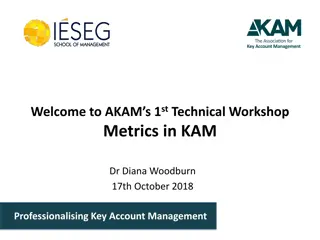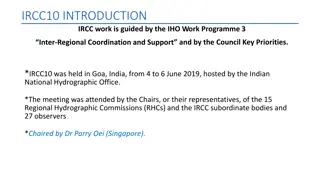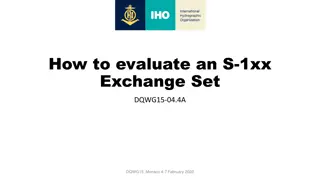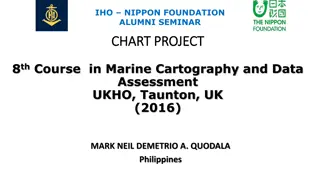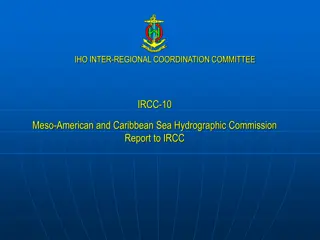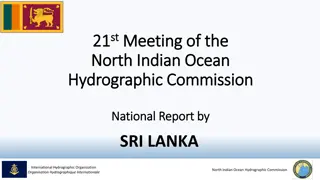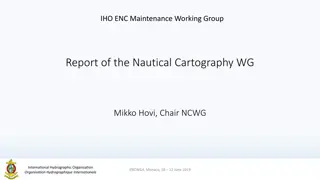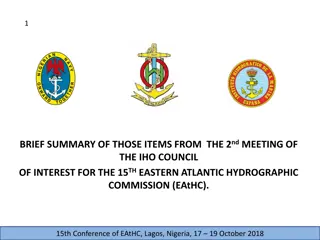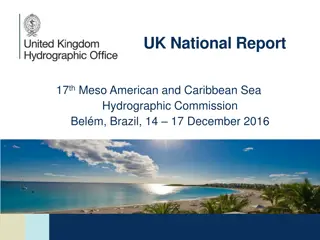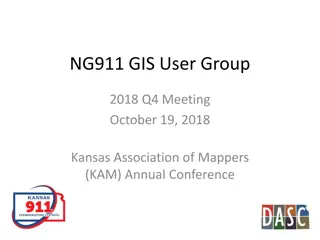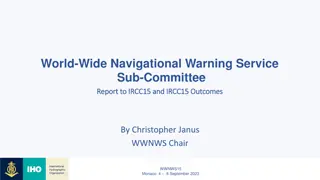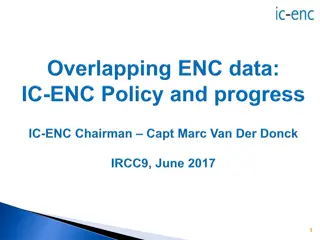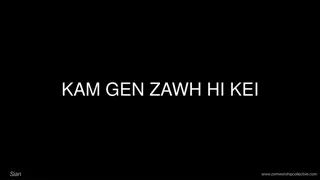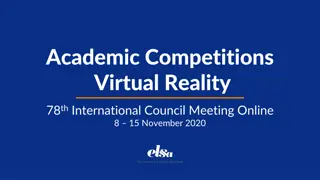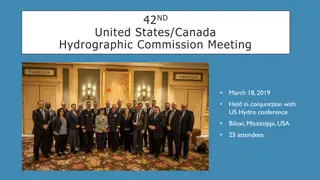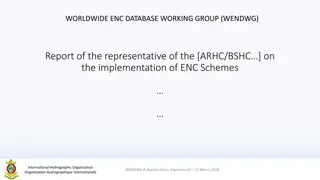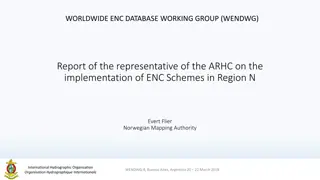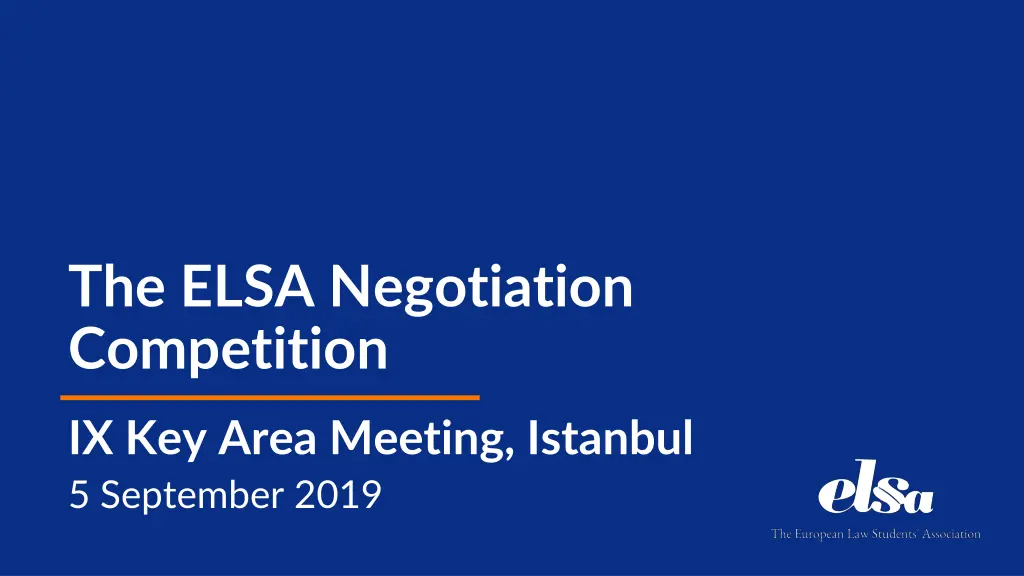
ELSA Negotiation Competition: Enhancing Legal Skills
Participate in the ELSA Negotiation Competition (ENC) to enhance your legal skills through real-life scenarios. Teams of two students represent clients, negotiate agreements, and receive valuable feedback from legal practitioners and academics. Join now for academic support, coaching, training, and a chance to showcase your negotiation abilities.
Download Presentation

Please find below an Image/Link to download the presentation.
The content on the website is provided AS IS for your information and personal use only. It may not be sold, licensed, or shared on other websites without obtaining consent from the author. If you encounter any issues during the download, it is possible that the publisher has removed the file from their server.
You are allowed to download the files provided on this website for personal or commercial use, subject to the condition that they are used lawfully. All files are the property of their respective owners.
The content on the website is provided AS IS for your information and personal use only. It may not be sold, licensed, or shared on other websites without obtaining consent from the author.
E N D
Presentation Transcript
The ELSA Negotiation Competition IX Key Area Meeting, Istanbul 5 September 2019
What is the ENC? The ELSA Negotiation Competition Two teams of two students Representing their respective clients In order to solve a dispute, close a transaction, sign a contract etc. Judged by legal practitioners and academics
The ENC in practice STEP 1 Preparation Period Hand the case to the teams Common facts Confidential facts for each team
The ENC in practice STEP 2 Pre-Negotiation Period Teams introduce themselves to the judges Teams Present their tactics and aims
The ENC in practice STEP 3 Negotiation Period Teams reaching an agreement
The ENC in practice STEP 4 Pre-Self-Reflection Period Teams reflect privately on their performance Private recapitulation of outcome
The ENC in practice STEP 5 Self-Reflection Period Teams evaluate their performance and outcome in front of the judges
The ENC in practice STEP 6 Feedback Period Both teams receive feedback from the judges
To summarise Pre- Pre-Self- Reflection Self- Preparation Negotiation Feedback Negotiation Reflection
What do you need? Academic Support Case drafting Judging Team Coaching Training Post grad students Lawyers (and trainees) Uni profs and teachers
What do you need? Academic Support Financial Support Case drafting Judging Team Coaching Training Prizes Refreshments Marketing Travel expenses Post grad students Lawyers (and trainees) Uni profs and teachers Law firms Other commercial firms Uni grants EDF
What do you need? Academic Support Financial Support Logistical Support Case drafting Judging Team Coaching Training Prizes Refreshments Marketing Travel expenses Venue Equipment OC Post grad students Lawyers (and trainees) Uni profs and teachers Law firms Other commercial firms Uni grants EDF Uni Partners
What does ELSA International offer? ENC Coaching Organisers getting support from EI EI collecting information on the Network Materials Case database ENC Package
Status quo 22 Negotiation Competitions organised in 2018/19 17 cases in the case database 2 ENC Coaches looking for more
The new ENC package Organisational Materials Partner Materials Marketing Materials ENC Rules ENC Scoresheet ENC Judge pack guide ENC Organising Overview Tutorial Sample case ENC Handbook Project description Sponsor package Draft email Templates Photos Certificate Template
Harmonisation plans Unified timeline Rules Quality standards, such as: Minimum judges Required training Quality control
Development Goal(s) Goal: Establishing ENC European Final Round Means: Harmonisation Handbooks Rules ENCs should be the same across the network No contract with the INC European round could solve this issue Do we send teams to the INC? MKT must be branded as more prestigious Harmonisation on the national level Rules applicable to the entire competition make easier for IB VP AA Adaptable guidelines for LGs
Development Goal(s) Goal: Having a strong and recognisable brand Means: Rebranding Coaching
Development Goal(s) Goal: Creating an equal high quality competition Means: Mandatory Local Round (WS was not in consensus here) Percentage of teams per country qualifies not a set number, but proportionate Training/workshop before the competition also creates networking opportunities (as mandatory part of the Competition) For teams making them aware of rules For officers enabling them to prepare teams Pre-moot before the round Set participation fee and prize as in accordance with the financial situation of the country LGs should try to organise in English Creating partner pool should know what ENC is and what partners can do for LGs
Development Goal(s) Goal: Utilising the possible synergies from other events Means: Utilising the ITP in trainings Implementing knowledge and skills from former participants Learning from SELS unification


